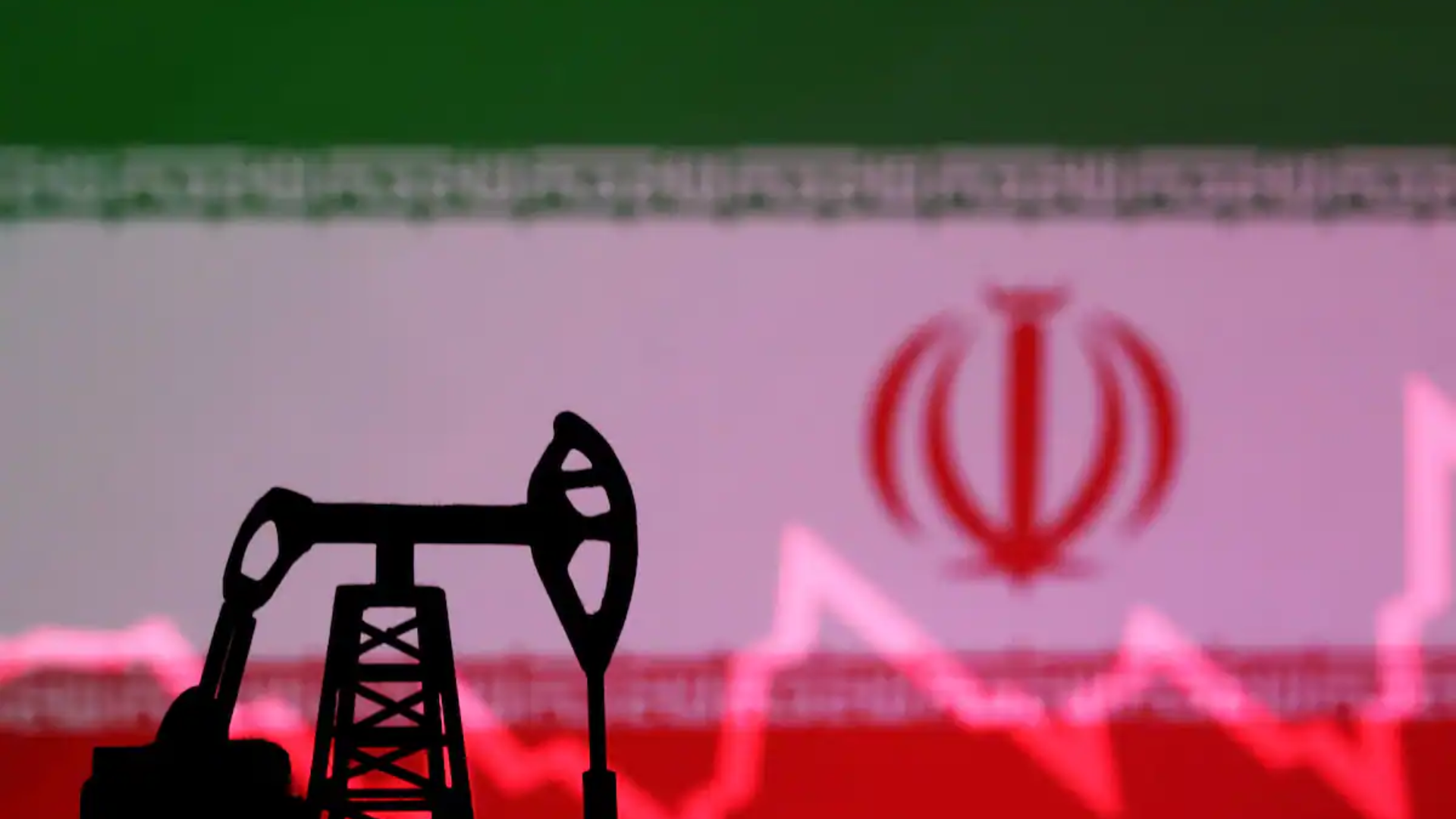Oil prices surged on Monday amidst political upheaval in key oil-producing nations, with Brent crude climbing 41 cents to reach $84.39 a barrel, its highest level since May 10. U.S. West Texas Intermediate (WTI) crude for June also edged up 23 cents to $80.29 a barrel, hitting its highest level since May 1. The increase comes as Iranian President Ebrahim Raisi died in a helicopter crash near the Azerbaijan border, and Saudi Arabia’s Crown Prince Mohammed bin Salman postponed his visit to Japan due to health concerns surrounding King Salman.
Raisi’s death, along with the postponement of the Saudi crown prince’s trip, added to the political uncertainty in major oil-producing countries, fueling concerns about supply disruptions. Analysts anticipate that WTI prices may continue to rise, potentially reaching $83.50, with factors such as China’s recent property measures contributing to market volatility.
Despite the geopolitical tensions, oil prices remained relatively stable, reflecting the market’s resilience amidst ongoing uncertainty. However, analysts caution that clarity on OPEC+ output policy, expected to be discussed in a meeting scheduled for June 1, could determine future price movements.
Saul Kavonic, an energy analyst at MST Marquee, emphasized the expectation of continuity in Saudi Arabia’s energy strategy despite the health concerns surrounding King Salman. Meanwhile, in the United States, Washington capitalized on the recent drop in oil prices by purchasing 3.3 million barrels of oil to replenish its Strategic Petroleum Reserve, signaling confidence in the market’s stability.







